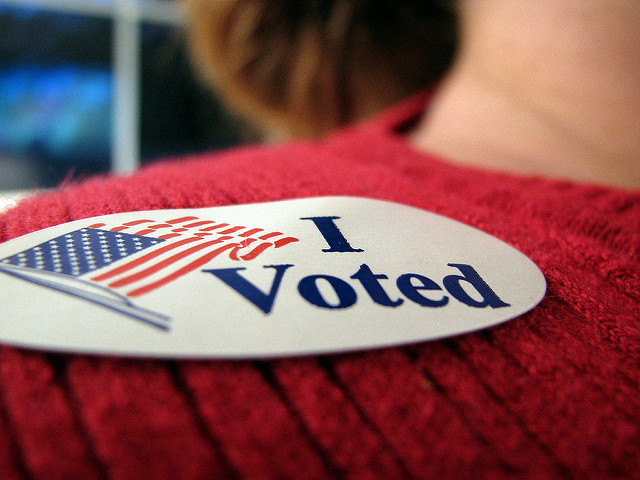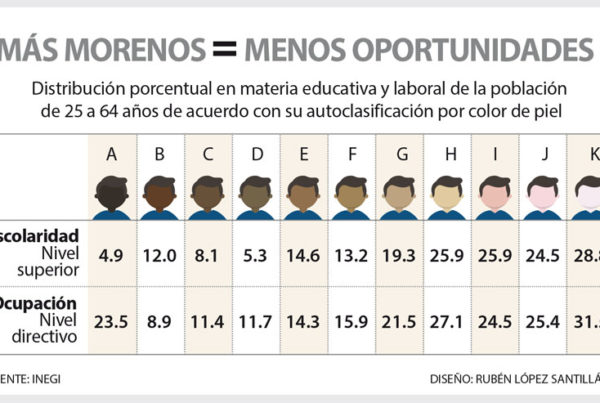Texas is back in court Tuesday, defending a state voting law before a 5th Circuit appeals panel. The current issue isn’t so much about the notoriously strict voter ID law that passed in 2011, but the law that was supposed to be the fix – this year’s Senate Bill 5.
The legislature passed Senate Bill 5 after a federal judge declared that the 2011 voter ID law was drawn in a way that intentionally discriminated against minority voters. But opponents of the fix say that the list of documents that are acceptable as voter identification documents remains too restrictive. They allege that some 600,000 Texans lack the kinds of ID required to vote in the state.
Brandon Rottinghaus, a political science professor at the University of Houston and author of Inside Texas Politics, says that even though Senate Bill 5 allows voters to identify themselves in more ways, opponents still say that requiring any form of ID could have the effect of reducing voter turnout.
“If it’s the case that you confuse the electorate with these kind of rules, it shrinks the electorate,” Rottinghaus says. “If you complicate the process in any particular way, people are less likely to vote.”
The history of voting discrimination that informed the trial court’s ruling against the state’s voting law plays a role in how updates to the law are seen, Rottinghaus says.
“When courts look at these, they understand there is a history here,” he says. “These things aren’t taken tabula rasa each time. Because of Texas’ history, and because of the past rulings on the 2011 case, especially related to voter ID, and mixed in with all the other kinds of cases that Texas is fighting about in terms of the district lines and other issues, the court definitely sees a trend.”
Written by Shelly Brisbin.















